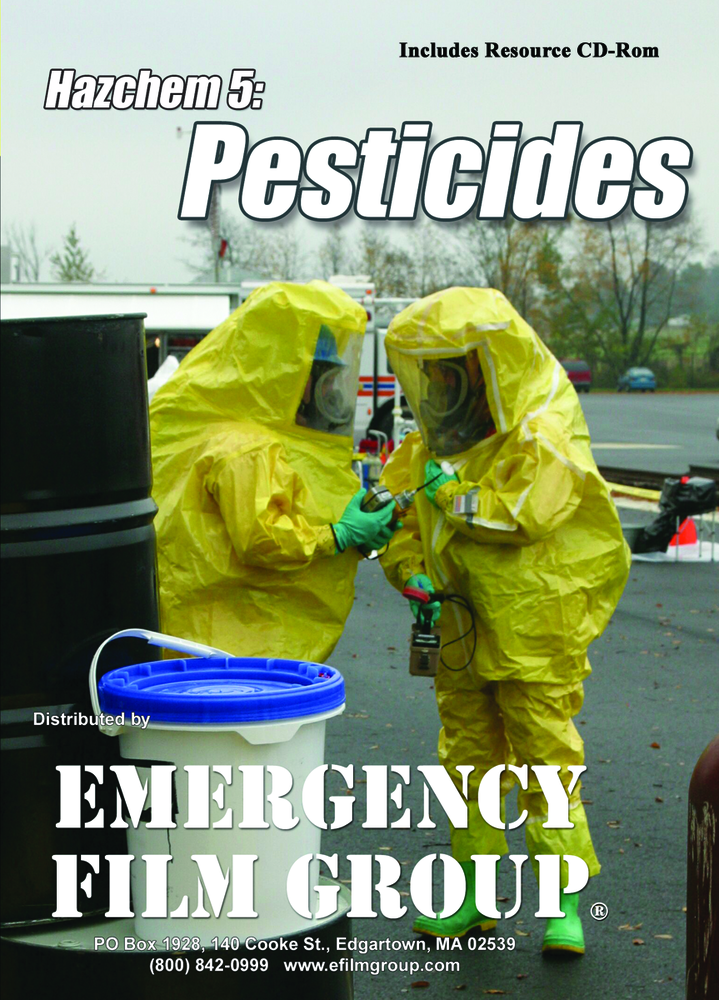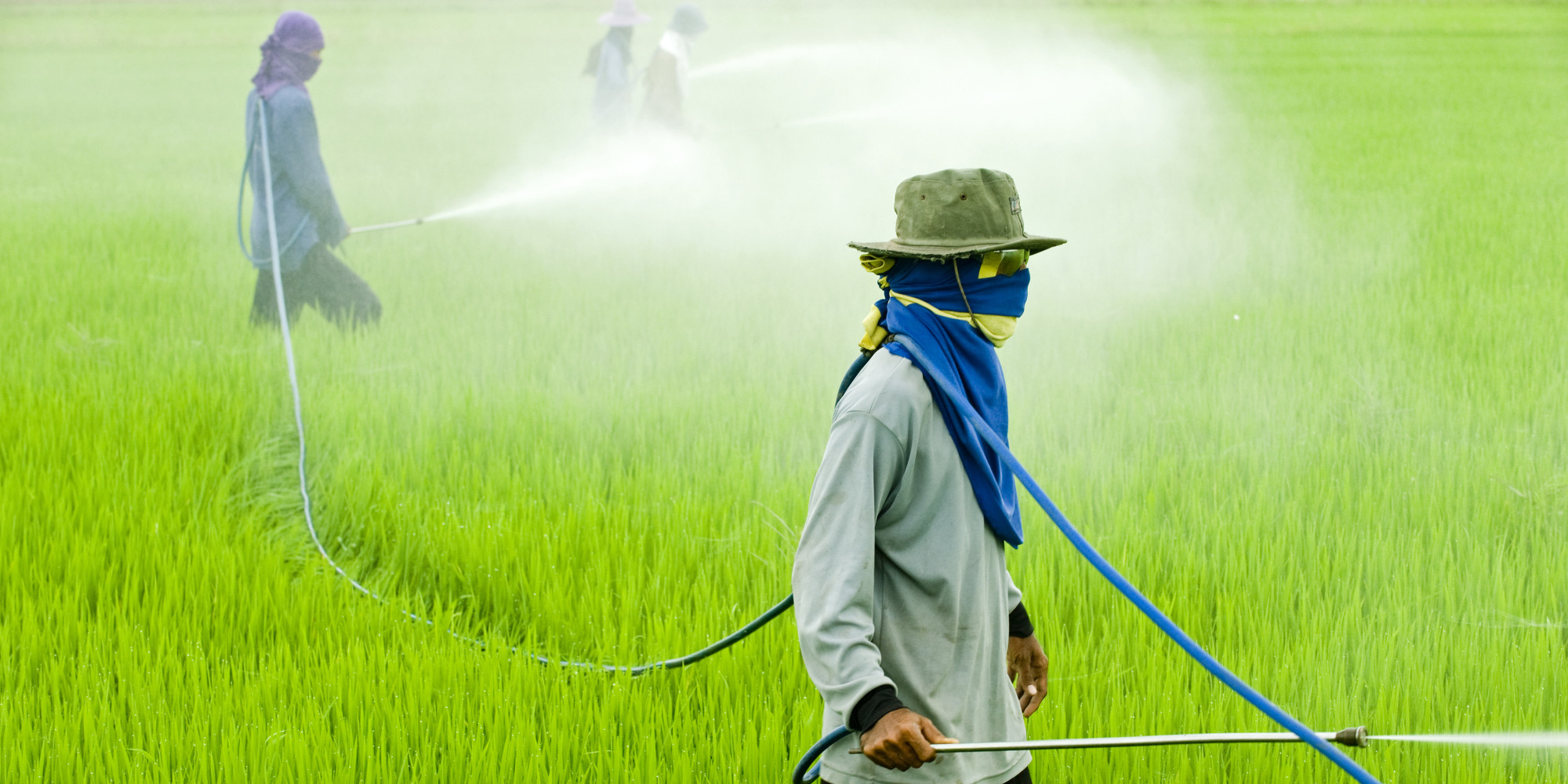


Today, around one-third of the world ' s agricultural products are pesticide dependent.Īccording to the World Health Organization (WHO), over 1,000 types of pesticides are used globally, with some of the most common types being herbicides (49%), fungicides and bactericides (27%) and insecticides (19%). The plan to save Italy's dying olive trees with dogsįirst deployed in the 1930s to protect crops in the US, many agricultural communities soon became dependent on their use because of their dramatic effect on yields.Although effective, pesticides contain toxic chemicals that can have wide-ranging, and sometimes chronic, effects on human's sensory organs and nervous system. Pesticides are substances or chemicals used to repel, destroy and control pests, weeds or other organisms that affect plant growth. "The knock-on effect is that I've got more bird numbers here than I should have, lots of threatened species are multiplying here because the food source is here," he says. He says he has observed a big increase in insect and bird species since he stopped using pesticides to control insects and weeds. "I try to keep the plant as nutritionally balanced as I can, and if the plant has got all the correct nutrition, it doesn't get ill," he says. He has not had to use any phosphorus and potassium fertilisers on his crops for over 10 years. Since adopting a biological farming method, Parton has not experienced any negative health impacts. "I would be a mess, but if I went to the doctors, they would say 'you've just had a reaction' and would not take it seriously," he says. The reaction would stay for several days. After sheep dipping, which involves immersing sheep in insecticide and pesticide mixtures to eliminate parasites, lumps would often show up on his arms.

#Documentary on insecticides and pesticides skin#
He switched to using biologically active inputs after experiencing headaches and skin rashes from using pesticides. Regenerative agriculture is an approach to farming that prioritises soil and environmental health by minimising synthetic inputs. Parton is part of a growing farming community practising regenerative agriculture. Instead of using synthetic pesticides and fertilisers, he applies self-brewed biologically active natural inputs, such as trichoderma, a type of fungus, onto his crops, to help them both grow and fix nitrogen and phosphorus into the soil. Fifteen years ago, Tim Parton, a farm manager at Brewood Park Farm in Staffordshire in the UK, decided to take a leap and start to experiment with biological farming.


 0 kommentar(er)
0 kommentar(er)
